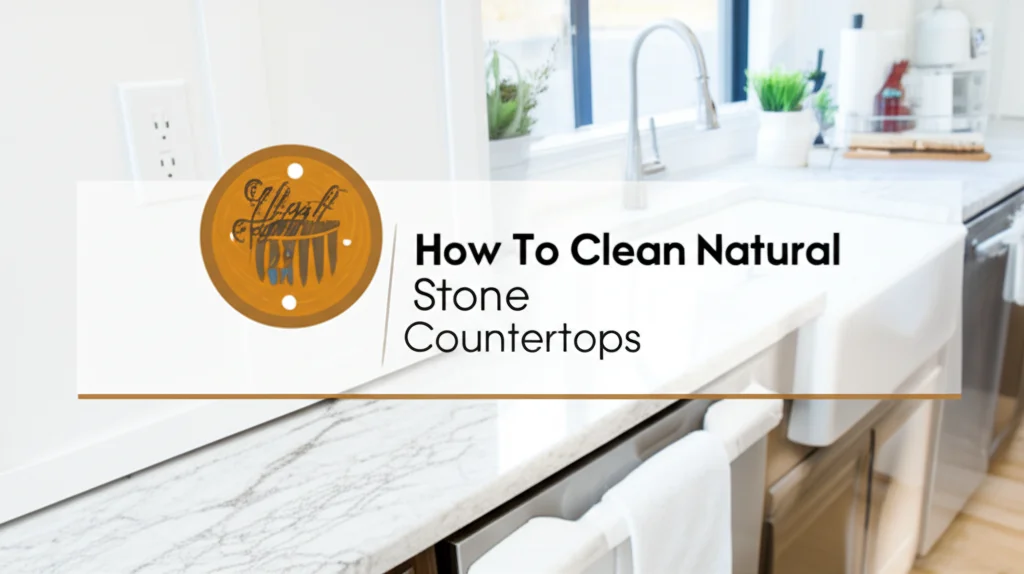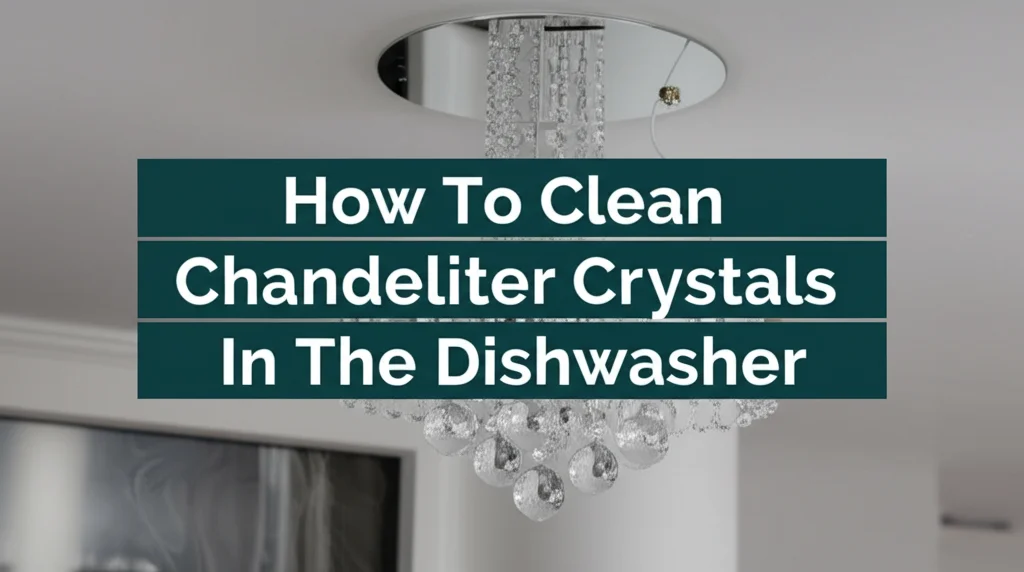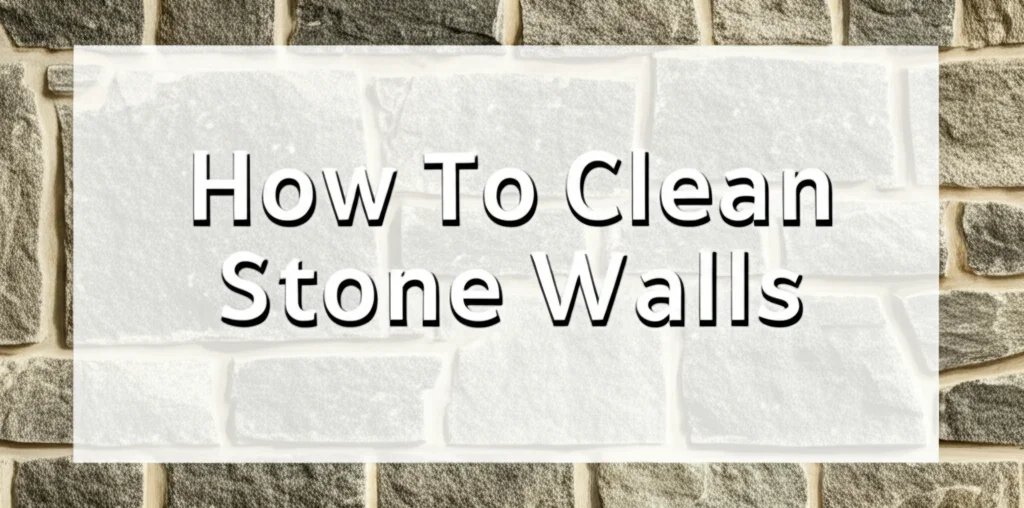· Home Cleaning · 7 min read
How To Clean Natural Stone Countertops

Keeping Your Stone Surfaces Stunning: How To Clean Natural Stone Countertops
Have you invested in beautiful natural stone countertops, like granite, marble, or quartz? These surfaces add elegance and value to any home, but they require specific care to maintain their luster. Cleaning natural stone countertops isn’t as simple as wiping them down with any cleaner; using the wrong products can cause etching, dulling, or even permanent damage. This guide will walk you through everything you need to know to safely and effectively clean your natural stone countertops, keeping them looking their best for years to come. We’ll cover daily cleaning routines, tackling stubborn stains, and preventative measures to protect your investment.
Takeaway:
- Use pH-neutral cleaners specifically designed for natural stone.
- Avoid harsh chemicals like vinegar, bleach, and ammonia.
- Seal your countertops regularly to prevent staining.
- Wipe up spills immediately to avoid damage.
What’s the best way to clean natural stone countertops?
The best way to clean natural stone countertops is to use a pH-neutral cleaner specifically formulated for stone surfaces. Avoid abrasive cleaners and harsh chemicals. Regularly wiping down your countertops with a soft cloth and gentle cleaner will keep them looking beautiful and prevent buildup.
Understanding Your Natural Stone
Before diving into cleaning methods, it’s important to understand the type of natural stone you have. Different stones have different levels of porosity and sensitivity. Knowing your stone will help you choose the right cleaning products and techniques.
Granite: A Durable Choice
Granite is a very durable and relatively non-porous stone, making it resistant to stains and scratches. However, it’s still important to clean it properly. Daily cleaning can be done with a mild dish soap and warm water. For deeper cleaning, use a granite cleaner specifically designed to protect the sealant. Remember to always wipe in the direction of the stone’s grain.
Marble: Elegant but Sensitive
Marble is a beautiful, classic choice, but it’s also more porous and sensitive than granite. It’s prone to etching from acidic substances like lemon juice or vinegar. Always use a pH-neutral marble cleaner and avoid anything acidic. Regular sealing is crucial for protecting marble countertops. You can find more information on protecting your surfaces at https://www.beacleaner.com/how-to-clean-corian-countertops-with-vinegar/.
Quartz: Engineered for Convenience
Quartz countertops are engineered stone, meaning they’re made from natural quartz combined with resins. This makes them incredibly durable and non-porous. They are very easy to clean and require minimal maintenance. A simple solution of dish soap and water is usually sufficient. However, avoid abrasive cleaners that can dull the surface.
Daily Cleaning for Natural Stone Countertops
Consistent daily cleaning is the key to preventing buildup and keeping your countertops looking their best. It’s a quick and easy process that will save you time and effort in the long run.
- Use a soft cloth: Microfiber cloths are ideal as they won’t scratch the surface.
- Warm water and mild dish soap: A few drops of dish soap in warm water are usually enough.
- Wipe down after each use: This prevents spills from sitting and potentially staining.
- Dry thoroughly: Water spots can be unsightly, so always dry the countertops after cleaning.
- Avoid abrasive sponges or scrub brushes: These can damage the sealant and scratch the stone.
Tackling Stubborn Stains on Stone
Even with regular cleaning, spills and stains happen. Here’s how to tackle some common culprits:
Oil-Based Stains
Oil-based stains, like cooking oil or grease, require a different approach. First, blot up as much of the oil as possible with a clean cloth. Then, create a poultice using baking soda and water. Apply the poultice to the stain, cover it with plastic wrap, and let it sit for 24-48 hours. The baking soda will draw the oil out of the stone. You can learn more about removing stains from other surfaces at https://www.beacleaner.com/how-to-get-coffee-stains-out-of-carpet/.
Water Stains
Water stains can be particularly problematic on marble. If you notice water rings, try gently buffing them with a dry, soft cloth. For more stubborn water stains, you may need to use a marble polishing compound.
Wine and Juice Stains
These stains can be acidic and cause etching, especially on marble. Blot up the spill immediately. Then, clean the area with a pH-neutral stone cleaner. If the stain persists, create a poultice with baking soda and water.
Ink Stains
Ink stains can be tricky. Try blotting the stain with rubbing alcohol on a clean cloth. Test in an inconspicuous area first to ensure it doesn’t damage the stone. If the ink is stubborn, you may need to consult a professional stone restoration service.
The Importance of Sealing Your Countertops
Sealing your natural stone countertops is crucial for protecting them from stains and damage. The sealant creates a barrier that prevents liquids from penetrating the stone.
- Frequency: The frequency of sealing depends on the type of stone and the amount of use. Granite typically needs to be sealed every 1-2 years, while marble may need to be sealed more frequently.
- Water test: A simple way to check if your countertops need to be resealed is to drop a few drops of water on the surface. If the water beads up, the sealant is still effective. If the water absorbs into the stone, it’s time to reseal.
- Professional vs. DIY: You can seal your countertops yourself with a stone sealant kit, or you can hire a professional to do it for you.
Cleaning Products to Avoid
Using the wrong cleaning products can cause irreversible damage to your natural stone countertops. Here’s a list of products to avoid:
- Vinegar: Acidic and will etch marble and other calcium-based stones.
- Bleach: Can discolor and damage the stone.
- Ammonia: Can dull the surface and damage the sealant.
- Abrasive cleaners: Scratch the surface and remove the sealant.
- Lemon juice: Similar to vinegar, it’s acidic and will etch the stone.
- All-purpose cleaners: Often contain harsh chemicals that can damage natural stone.
If you’re looking for ways to clean other surfaces in your home, check out this article on https://www.beacleaner.com/how-to-clean-luxury-vinyl-plank-flooring/.
Preventative Measures to Protect Your Investment
Beyond regular cleaning and sealing, there are several preventative measures you can take to protect your natural stone countertops:
- Use cutting boards: Always use cutting boards when preparing food to avoid scratches.
- Use coasters: Protect the surface from water rings and stains by using coasters under drinks.
- Use trivets: Protect the surface from heat damage by using trivets under hot pots and pans.
- Wipe up spills immediately: Don’t let spills sit on the surface, as they can cause staining.
- Avoid dragging heavy objects: Dragging heavy objects across the surface can cause scratches.
Frequently Asked Questions (FAQ)
Q: Can I use dish soap to clean my granite countertops?
A: Yes, you can use a mild dish soap and warm water for daily cleaning of granite countertops. However, avoid using abrasive dish soaps or scrub brushes.
Q: How often should I seal my marble countertops?
A: Marble countertops typically need to be sealed every 6-12 months, depending on usage and the type of sealant used. Perform a water test to determine if resealing is necessary.
Q: What’s the best way to remove a stubborn oil stain from my countertop?
A: Create a poultice with baking soda and water, apply it to the stain, cover with plastic wrap, and let it sit for 24-48 hours.
Q: Is it safe to use a steam mop on natural stone countertops?
A: Generally, it’s not recommended to use a steam mop on natural stone countertops. The heat and moisture can damage the sealant and potentially crack the stone. You can find more information on steam mops at https://www.beacleaner.com/can-you-use-a-steam-mop-on-linoleum/.
Q: What type of cleaner should I use for daily cleaning?
A: Use a pH-neutral cleaner specifically designed for natural stone. These cleaners are formulated to be gentle on the stone and won’t damage the sealant.
Conclusion: Maintaining the Beauty of Your Stone
Cleaning natural stone countertops doesn’t have to be a daunting task. By understanding your stone type, using the right cleaning products, and following a regular cleaning routine, you can keep your countertops looking beautiful for years to come. Remember to avoid harsh chemicals, seal your countertops regularly, and wipe up spills immediately. Investing a little time and effort in proper maintenance will protect your investment and ensure your natural stone countertops remain a stunning focal point in your home. For more cleaning tips and tricks, explore our other articles at Beacleaner.com! Don’t hesitate to consult a professional stone restoration service if you encounter a particularly stubborn stain or damage.




